- Who We Are
- Clinician Employment
- Publications
- Witness to Witness (W2W)
- El Premio Kugel & Zuroweste a la Justicia en la Salud
- Your Voice Matters: Photovoice Project
MCN and Partners Develop Comprehensive Clinical Tool
Tue, 04/10/2012 | by mpiorunskiAs part of our series of continuing education webinars, MCN partnered with the National Farm Medicine Center and Agrisafe Network in March to present the Nuts & Bolts of Cholinesterase Monitoring for Farmers, Ranchers and Agricultural Workers.
Poisonings a Leading Cause of Death, Poison Prevention Week Celebrates 50
Tue, 03/20/2012 | by mpiorunskiDuring the month of March, MCN is taking the opportunity to share with you a series of blog posts about poisonings and poison prevention. This week marks the 50th Anniversary of National Poison Prevention Week and MCN wants to highlight a range of topics around this emerging issue.
Anniversary of National Poison Prevention Week and MCN wants to highlight a range of topics around this emerging issue.
Shrimp Burgers, Night Clinic and Canine Rescue: Celebrating a Career Devoted to Caring for Migrant Farmworkers
Tue, 12/14/2010 | by Jillian HopewellArticle from Streamline, November - December, Issue: Volume 16, Issue 6
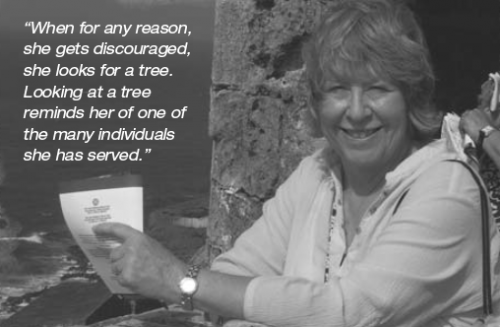
MCN- Carolyn Davis, Family Nurse Practitioner, was awarded the Steve Shore Community Catalyst Award at the 2010 East Coast Migrant Stream Forum that took place in Charleston, SC, in October of this year. I first met Carolyn in 1997, when a group of us at MCN embarked on an epic journey in a rented RV from Austin, Texas to Ashville, North Carolina for another East Coast Migrant Stream Forum. I was five months pregnant with my first child, my husband was the volunteer driver, and along with three other women from the staff we set off for a two-week tour of health centers in seven southeastern states.
Our adventures were nearly halted in Eutaw, Alabama, when we realized that the shoestring operation we’d used to rent the RV didn’t actually have insurance that covered us. But our intrepid leader, Karen Mountain, figured out some way around that hurdle from her post in Austin and we continued eastward.
Every stop along the way was unique and we were awed by the creativity and dedication we witnessed at each subsequent health center. On day six we rolled into Beaufort, South Carolina, a bit road weary and overwhelmed by all we had seen. We parked our monstrous RV in the parking lot of Beaufort Jasper Hampton Comprehensive Health Services, Inc. and were met in the waiting room by the Migrant Health Coordinator, Carolyn Davis, the most gracious and enthusiastic person we had yet encountered in a trip full of wonderful people. Carolyn took one look at us and declared us in dire need of the best local fare. We followed her out through the beautiful flat coastal lowlands to a hole-in-thewall on the dock called The Shrimp Shack. The “Shack” specializes in shrimp burgers made from the fresh catch hauled onto the dock daily. Unfortunately they will not reveal their recipe, but to this day that is one of the best meals I have ever had.
Beaufort Jasper Hampton Comprehensive Health Services, Inc. is located in the midst of the “low country” of South Carolina. This is a beautiful part of the United States; a land of spreading moss-covered oak trees, palmettos and thousands of acres of stately southern pine. The marshy coastal region is made up of many small islands, including exclusive resort islands such as Hilton Head. From her home on a nearby island, Carolyn can hear the guns from the Marine training grounds on the neighboring Parris Island.
This region is also known for its agriculture, particularly for tomatoes and watermelon in the summer with winter vegetable crops such as winter squash, collard greens and sweet potatoes. Unlike some other regions of the country, the crops in this area of South Carolina are still largely worked by migrant farmworkers, many of whom travel up from Florida, others of whom come from Mexico, Central America, or Texas. Most of the migrants in this region are Hispanic families and young single people; however there is still a contingent of Haitian workers who primarily work in the packing sheds. Once the picking season is over in the Beaufort Jasper area, many of the same farmworkers travel further north to the Delmarva Peninsula where the season begins a couple of months later.
While agricultural employment has remained stable in this region, in recent years many migrants have also found work in the booming construction industry, particularly in the upscale resorts of the barrier islands. The increase in luxury housing on the barriers islands has moved more of the agricultural production inland. As Carolyn says, the islands now “grow more condos then veggies”.
Carolyn Davis did not start her career with the intention of working with migrant farmworkers. The daughter of a career Navy man, she moved regularly as a child, graduating from high school in Guantanamo Bay, Cuba. She received an associate degree in nursing from Florida Junior College, eventually graduating from the University of South Carolina with a BA and a Masters in Nursing. At that point she went to work for the local county hospital where she was the Director of Nursing.
Be Informed and Educate Others on National Latino AIDS Awareness Day
Fri, 10/15/2010 | by Deliana Garcia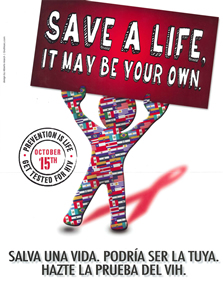 HIV/AIDS takes an especially heavy toll on the most vulnerable and marginalized groups in US society. Poverty, low income, limited education, sub-standard housing, and limited access to health care are all factors that increase the rate of HIV/AIDS in a population.
HIV/AIDS takes an especially heavy toll on the most vulnerable and marginalized groups in US society. Poverty, low income, limited education, sub-standard housing, and limited access to health care are all factors that increase the rate of HIV/AIDS in a population.
Dr. Zuroweste Reports from the Field
Tue, 11/10/2009 | by Edward Zuroweste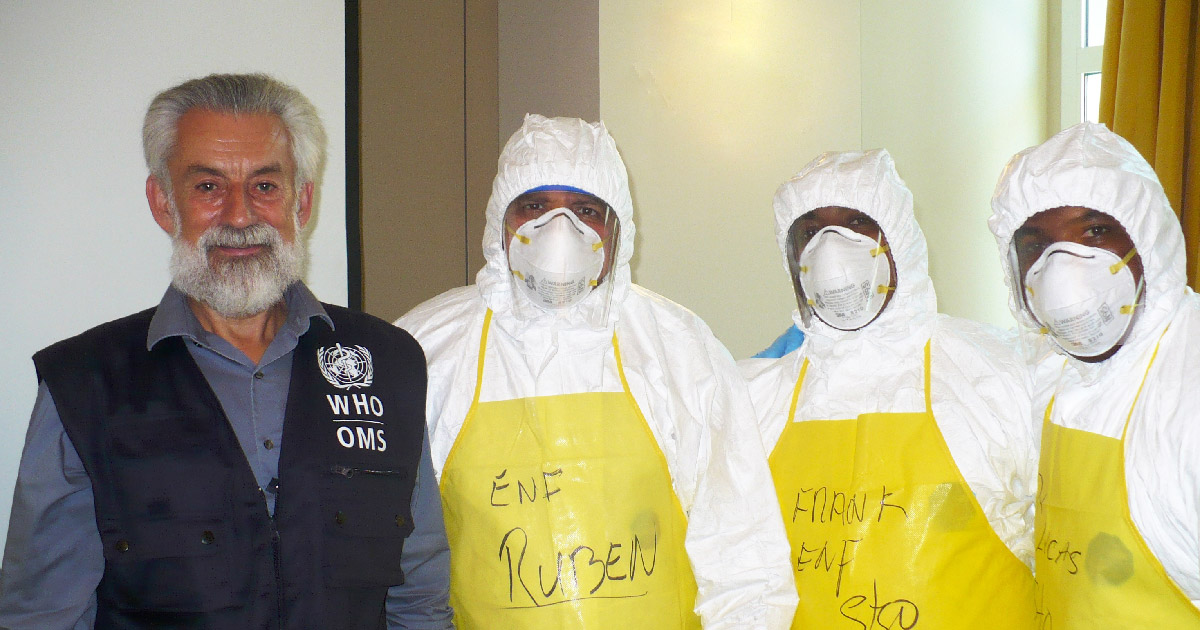
I was amazed today to be copied on an email about a big concern about the emergency response of the influenza team in Eastern Europe. I was copied because of the possibility that we may need to quickly mobilize a training of rural providers on the recognition and treatment of the potential severe complications of H1N1.
Concentrated Animal Feeding Operators at Greater Risk for H1N1?
Sat, 10/03/2009 | by Edward Zuroweste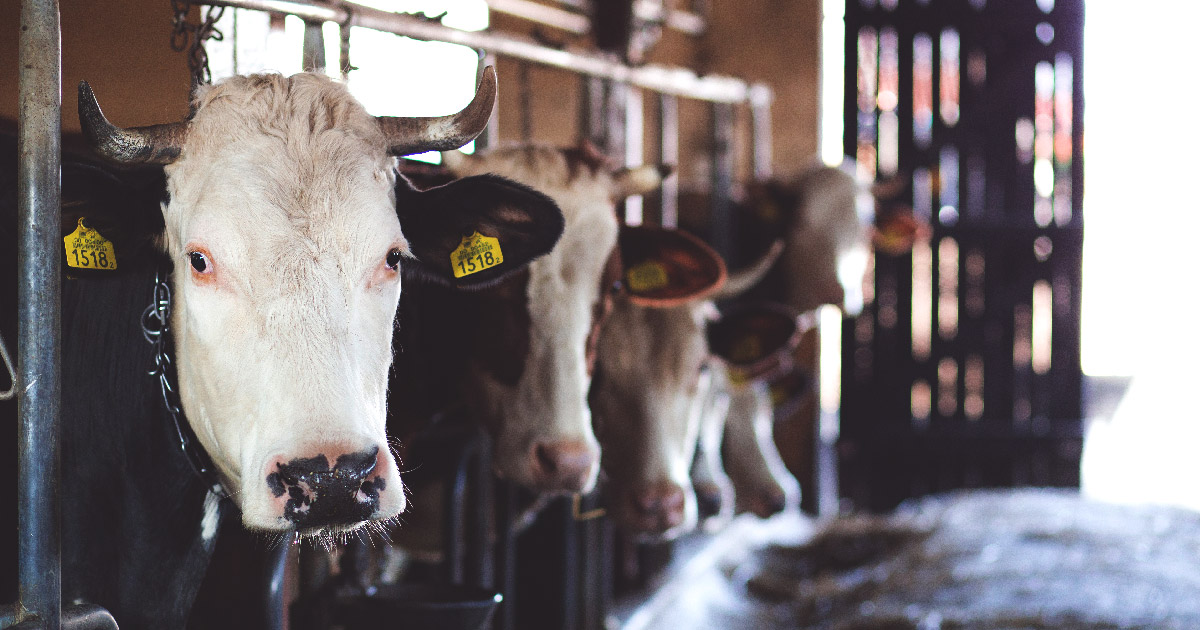
Community Health Centers Demonstrate Malpractice Coverage Success!
Mon, 03/16/2009 | by Edward Zuroweste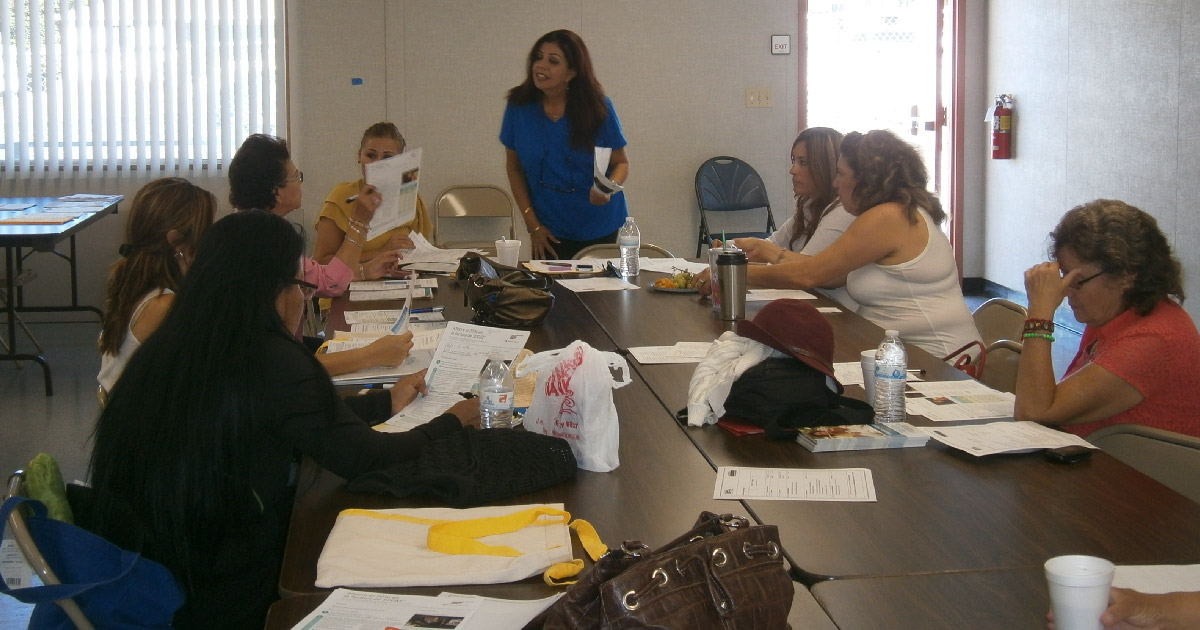
Authentic Voices
Thu, 04/17/2008 | by Edward Zuroweste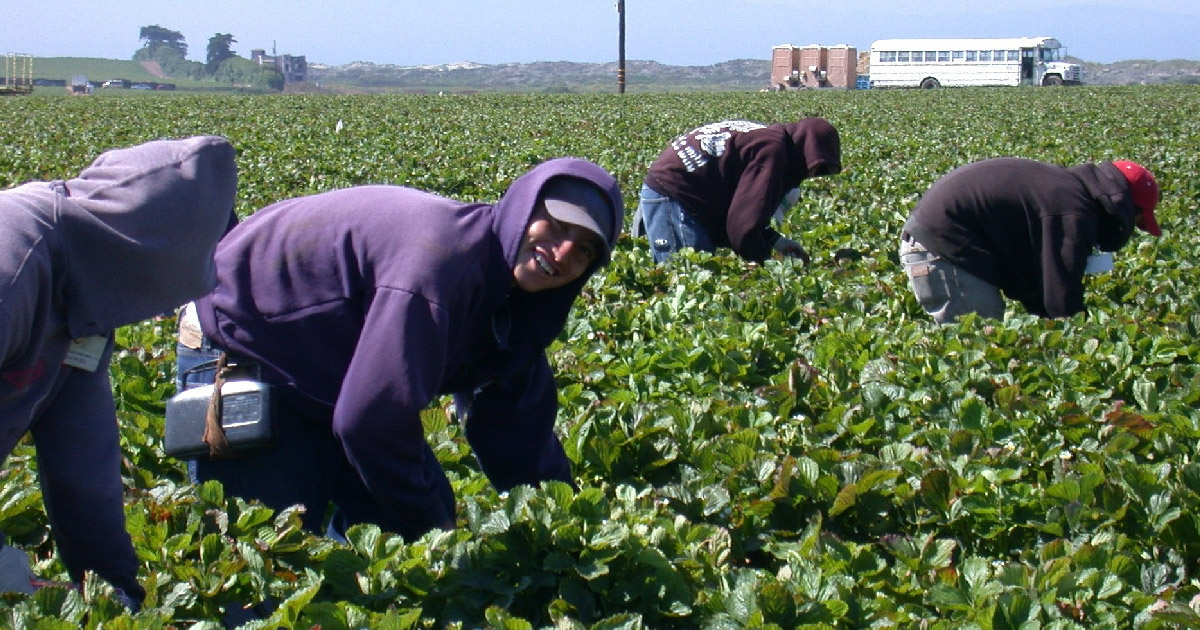
MCN is pleased to offer these five audio slideshows featuring farmworkers and health care providers. We want to hear your thoughts. What did these slideshows make you think about that you may not have previously considered?






